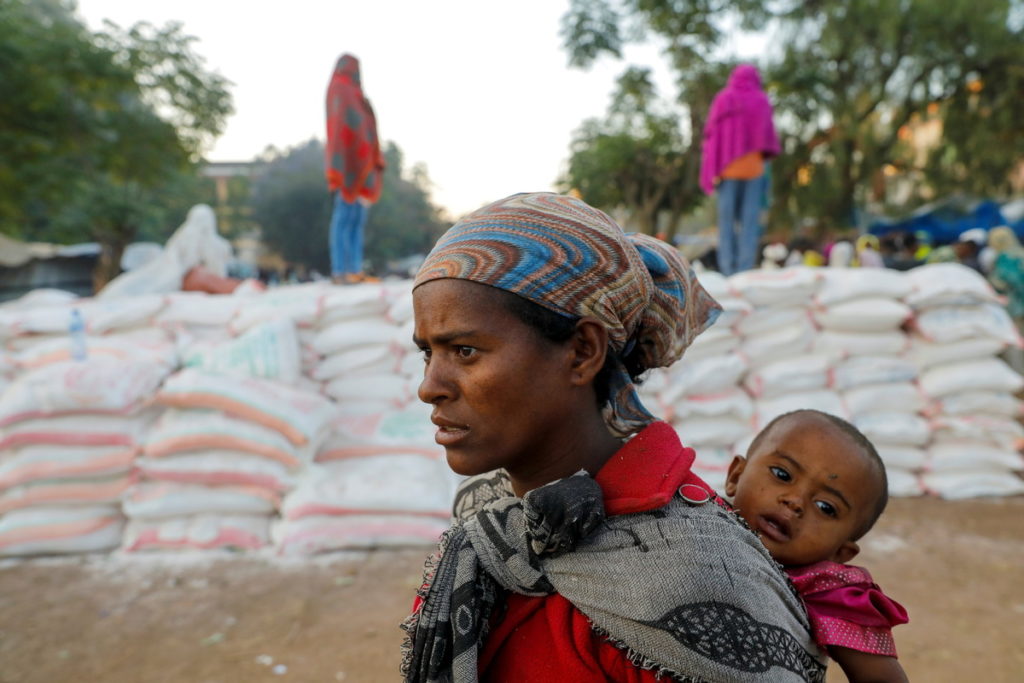According to the United Nations Office for the Coordination of Humanitarian Affairs, more than 140,000 people have been displaced in Afar and over 233,000 people were recently displaced in Dessie and Kombolcha in South Wello in Amhara.
Earlier this month, local leaders and doctors in Amhara region reported that at least 125 people had been killed by the Tigray People’s Liberation Front in Chena village. The rebel group denied the allegations.
Michelle Bachelet, the United Nations high commissioner for human rights, on Monday warned the conflict risks spilling over to the whole Horn of Africa.
Bachelet said more than 200 people have reportedly been killed in the most recent clashes in the regions, and that 88 individuals, including children, had been injured.
Last week, the office of the prime minister said the retaliatory attacks on civilians are being committed by the rebel group because it has suffered great losses being routed out of the Afar and Amhara regions.
On Tuesday, the UN Office for the Coordination of Humanitarian Affairs said the humanitarian situation in Tigray remains dire and is worsening in Amhara and Afar regions.
The agency said between Sept 5 and 7, 147 trucks of humanitarian assistance arrived into Tigray via Afar, prior to which no trucks had been able to go into the region since Aug 22.
“This development is welcome, but 100 trucks with food, non-food items and fuel must enter Tigray every single day to meet the scale of needs on the ground. Some supplies have not been able to enter at all, including fuel, without which we are unable to continue our operations,” the agency said.
Despite access constraints to some areas in both regions due to the ongoing hostilities and lack of funds, the UN agency said partners continue to scale up the response and support the authorities’-led response efforts in both regions.





